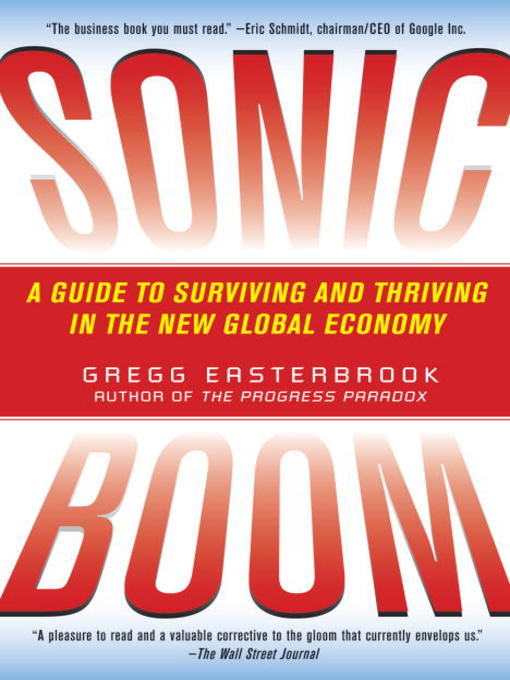- Available now
- New eBook additions
- A Family Affair: Bridgerton Read Alikes
- New kids additions
- New teen additions
- Most popular
- Try something different
- eBooks en Español
- See all ebooks collections
- Available now
- New audiobook additions
- New kids additions
- Most popular
- New teen additions
- Try something different
- See all audiobooks collections
- Check out a Magazine!
- Cooking & Food
- Fashion
- Home & Garden
- Lifestyle
- News
- Try something different
- Kids & Teens
- See all magazines collections


